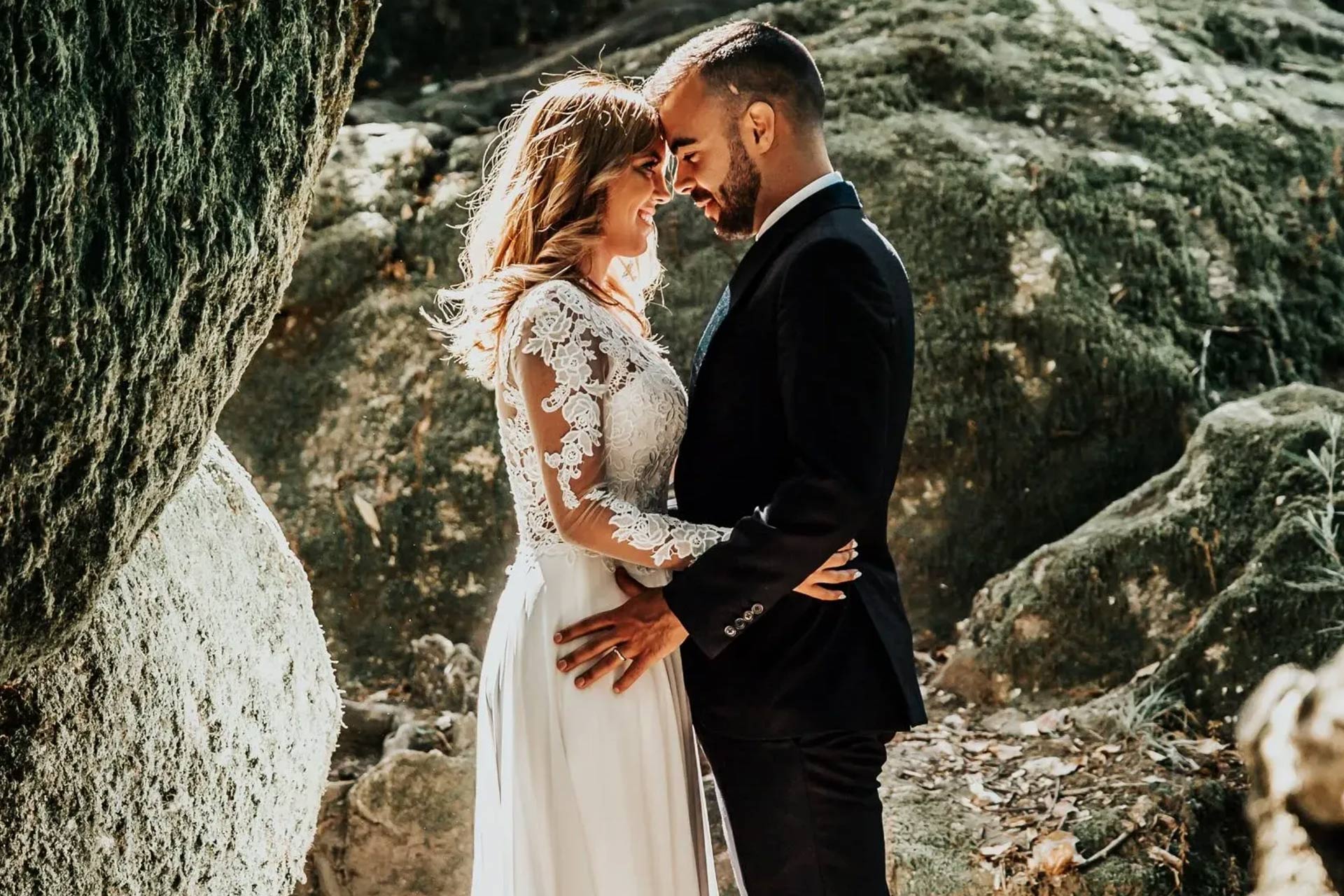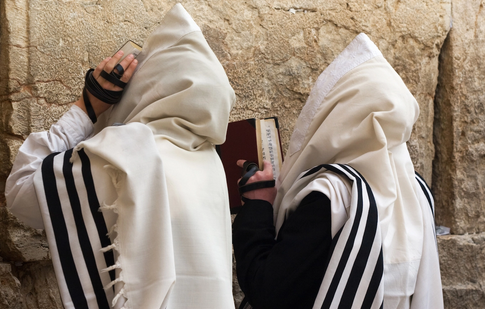
The procedures and requirements for conversion to Judaism, whatever your reasons or motivation, will depend upon the sponsoring denomination.
Individuals who were raised as Jewish but whose ancestry is questioned may undertake a formal conversion if, for example, it is discovered they are not actually considered Jews according to traditional halachah (Jewish Law). It is important to note that a conversion in accordance with the process of one denomination is not a guarantee of recognition by another denomination.
Even within certain movements, there can be differences from one country to another, so if you are expecting to relocate to another country, eg to Israel, you will need to make sure that your conversion meets the standards of the Jewish community there. The Orthodox-controlled Chief Rabbinate in Israel does not recognize non-Orthodox conversions, so you won’t be able to marry a Jew there if you converted via the Conservative or Reform movements.
You are also advised to confirm that other rabbis and institutions recognize the conversions of the rabbi or institution with whom you are studying.
For example, a traditional Orthodox beit din (rabbinic court that rules upon a conversion), will expect a conversion to be based entirely upon the desire to become a Jew, whereas the Liberal/Progressive movements may allow a candidate to be less-motivated, at least in the early stages. Some Liberal rabbis will perform a conversion to enable a marriage to go ahead, in the expectation that within the marriage itself the convert will become inspired to learn more about Judaism and be exposed to a variety of Jewish experiences.
In addition, according to tradition prospective Orthodox converts must be turned away three times, as a test of their true commitment.
In 1978, the then leader of Reform Judaism in the United States, Rabbi Alexander Schindler called for discontinuing the custom of rejection, and instead responding: “openly and positively to those G-d-seekers whose search leads them to our door.”
In 2014, the Conservative movement followed suit.
Even the process of conversion is a matter of contention among the movements. Whereas Orthodox rabbis will expect the candidate to undergo all rabbinically prescribed rituals, Liberal rabbis may use rituals more selectively (although circumcision is a universal requirement).
Falling in love may be the trigger for considering conversion, however it is up to the convert to continue on with it. Converting to Judaism may require of you intense study, the giving up of familiar rituals –and sometimes existing family relationships, as well as a deep and intense examination of your belief system.
According to rabbis involved in conversion programs, up to a third of Orthodox converts and two-thirds of Conservative converts consider Judaism for the reason of marriage. However, conversion may not be required if you’re open to a Liberal or Reform wedding, as both generally permit interfaith marriages, (although roughly half of all Reform rabbis refuse to officiate at them).
According to the Talmud, the first question that the beit din (rabbinic court) is obligated to ask of a potential convert concerns motivation:
“Why should you wish to become a proselyte; do you not know that the people of Israel at the present time are persecuted and oppressed, despised, harassed, and overcome by afflictions?”
They will be seeking your understanding that you are joining a people who have been hated, for no logical reason, ever since they came into existence.
As you start to study basic concepts of Jewish philosophy and history; to keep kosher, to begin celebrating the Sabbath (Shabbat) and the holidays; read the Torah and to increase your observance you will, hopefully, begin to feel a sense of belonging to the Jewish people.
There are some people who convert to Judaism purely for marriage – but if you are not sincere when you go to the mikveh (ritual bath) your conversion is automatically invalid. This was a famous ruling made by Rabbi Yitzchak Schmelkes in 1876, “If he undergoes conversion and accepts upon himself the yoke of the commandments, while in his heart he does not intend to perform them - it is the heart that God wants and [therefore] he has not become a proselyte.”




